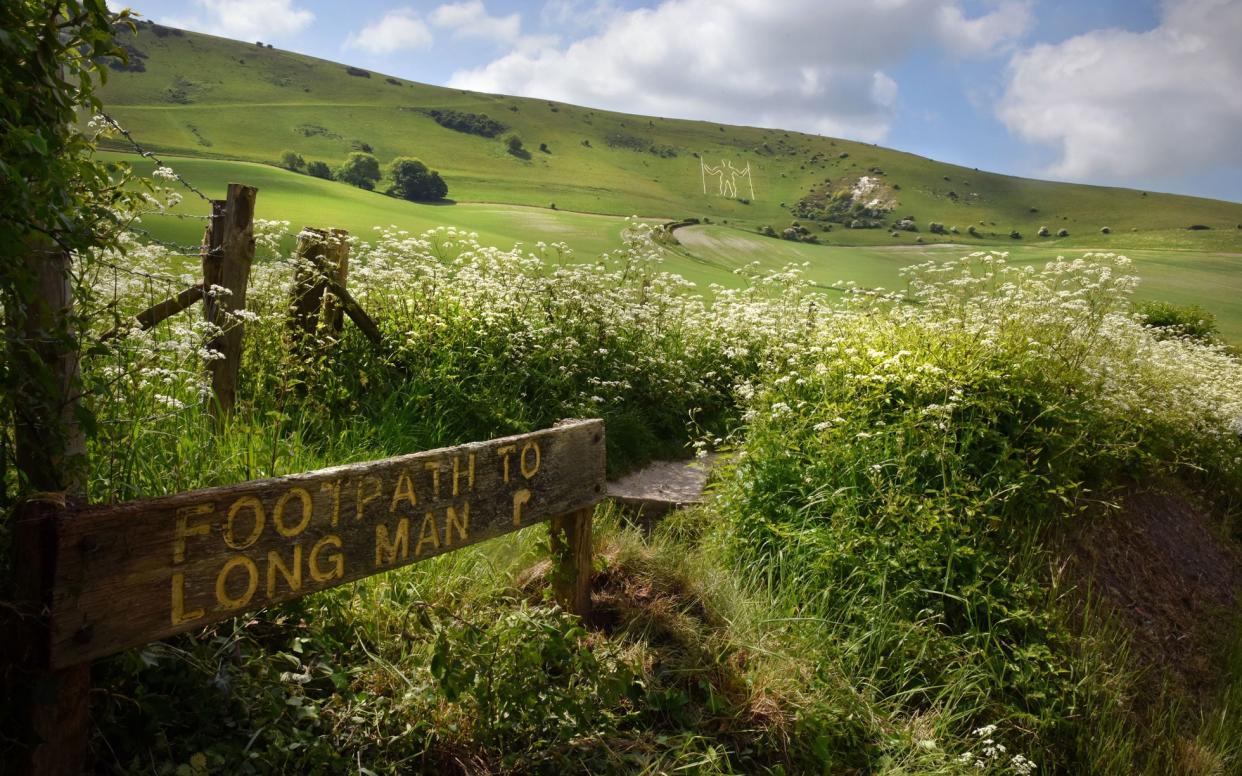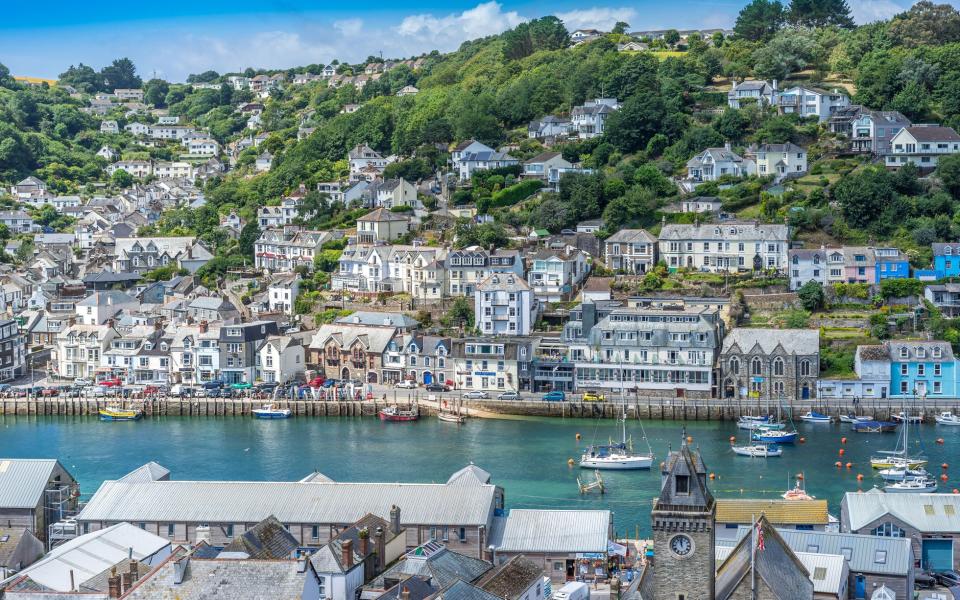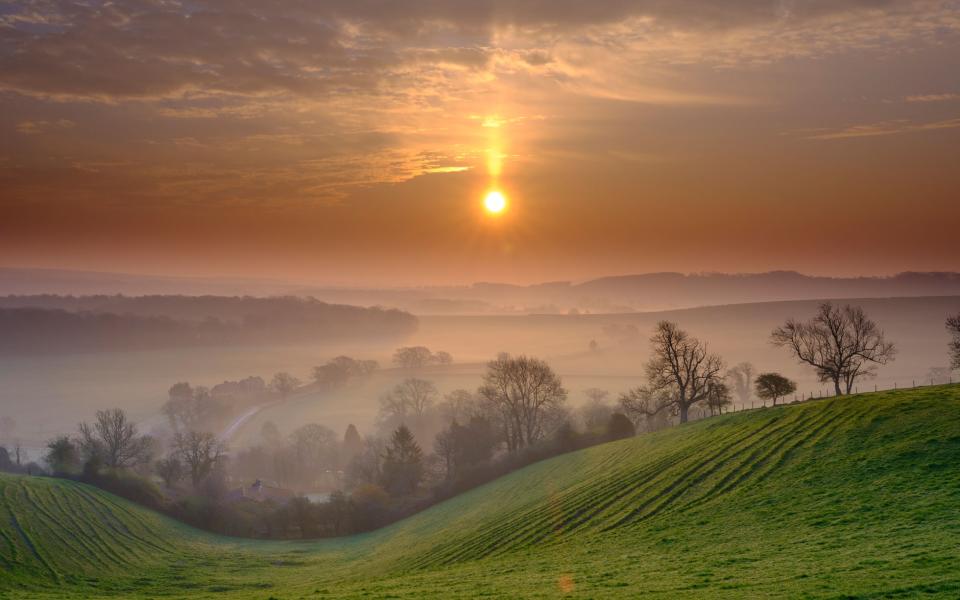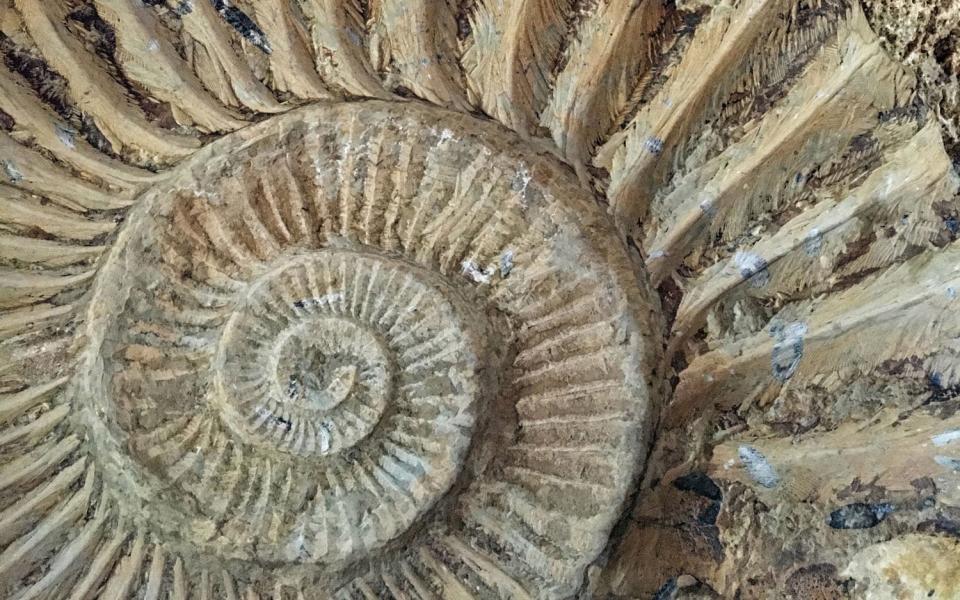Wanderland: My search for the secrets within Britain's most beautiful landscapes

I set myself quite a challenge in writing Wanderland. It all began with a yearning to hear “nature’s voice”, sparked in part by an experience I’d had at the top of a mountain in the Pyrenees. I was seeking a spiritual dimension to my roaming, and I longed to connect with an animate nature, to feel moments of genuine awe and wonder. I yearned to be inspired by something mysterious that went beyond the beauty of physical landscapes.
It was not lost on me that I was about to embark on a maverick journey to connect with a dimension of the British landscape that rarely takes centre stage while grappling with my own feelings of otherness. My mother and father are of Indian heritage, but grew up in a troubled South Africa. I was born in Britain, raised in Quebec, Canada, and have lived in a green south-west London suburb for years. As one book reviewer put it, I “challenge the mono-ethnic view of rural Britain”.
But it seems to me that people are now more open to experiencing their surroundings and the wider world with fresh eyes. Throughout lockdown, who among us, with access to meadows or woods or coast or river, hasn’t found their connection to the natural world amplified in the most heart-lifting way?
My research methods were a little unorthodox – not for me a giant map unfurled in the bedroom stuck with pins. Instead, I quietened down, listened to the world around me and slowly a trail began to unfold. That was the beauty of it; improvising, following signs, invoking the divine in the landscape to point me in the right direction. One morning, for example, I spotted a labyrinth drawing on the wall of a London Underground station. My interest piqued, I learnt how, over time, the spiralling paths have appeared on ancient rock carvings, on cathedral floors and even in ammonites.
Three weeks later, having tumbled down the rabbit hole, I found myself walking a giant, grassy labyrinth on a hillside overlooking the sea. Close to Looe in Cornwall, the labyrinth was located on the most exquisite private nature reserve. For three nights, I had it entirely to myself. I stayed in an off-grid longhouse on 70 acres of land and wandered through meadows, giddy from the scent and kaleidoscopic colour of the wild flowers. Free-spirited horses and goats kept me company and the azure sea was always in my sights.

The labyrinth wasn’t natural, having been built by my host, and while it didn’t prove to be the oracle I’d hoped it to be – people walk the paths for contemplation or to find insights to life’s great questions – it worked its magic in a different way, having enticed me to a beautiful spot that I would not have otherwise discovered.
On another occasion, I found myself euphorically skinny dipping in a “secret” healing spring in a wood in the High Weald, outside Hastings. An artistically hand-drawn map had found its way into my possession and, eventually, led me to the spot. The local dog walkers I encountered in the woods didn’t even know of the spring’s existence, offering proof, to my mind, that a landscape less ordinary can be camouflaged, hiding in plain sight.
On a frosty, golden autumn day in the South Downs, I met a university professor who led unsighted people on walks in the area. I was curious – we rhapsodise about the wild, but usually from the perspective of the sighted. How might it feel to walk through a natural landscape, and not see it? Would the eeriness sometimes felt in a wood still be present? Would I trip and fall?

Setting off, my eyes tightly shut, the professor told me I’d be led to a sacred spot in the landscape. But how, I wondered, does a sacred spot present itself if you’re unable to see it? The flapping of a bird’s wings felt like a missile swooping past, and while I had no perception of chalk hills, the solidity of the trees were a supportive, friendly presence. Eventually, I found it hard to distinguish where “out there” began and “I” ended. As the walk concluded, I blinked in the sunlight, staring at the Long Man of Wilmington – a giant chalk figure etched into the land and itself a riddle in the landscape.
Expectation doesn’t always meet reality, and occasionally my journey felt equal parts exasperation and enlightenment. I rarely saw people who looked like me, and every time I got on a train I wondered how I’d be received at my destination. On the threshold of a countryside pub, I’d brace myself, aware that I’d be noticed. The eye is drawn to difference, but when you’re the one being looked at, it is disconcerting.
“People in the countryside often look at me a second longer than they need to,” I say in my book. “Sometimes it makes me feel like I’m a painting in a gallery – not always a bad thing, but it depends on your taste in paintings.” But really, travelling in the countryside was not so different to travelling abroad; I’m accustomed to exploring somewhere new and different, and I am used to wondering how I will be received when I reach my destination.

I launched the book in lockdown and, now that we are emerging from our collective cocoon, I’m restless and eager to set off again. Part of me is worried about what kind of welcome will be extended to me post-coronavirus – I’m visibly different at a time when some locals are not keen on visitors. But then I turn back to Wanderland and am steadied. I spent a year in pursuit of a deeper, sweeter relationship with my birthplace, feeding my imagination and my hunger for beauty.
But my journey gave much more. It helped me to give a voice to all those parts of me I’d hitherto put into exile and muted – the me who isn’t steeped in the traditions of this land, the me who often feels like an outsider, the me who wants to claim belonging – and in doing so I found a greater peace. It’s a peace I am trying to carry with me as we go forward in these uncertain times.
'Wanderland: A Search for Magic in the Landscape', by Jini Reddy, is available from Bloomsbury (£16.99). To purchase the ebook from the Telegraph, visit books.telegraph.co.uk or call 0844 871 1514


